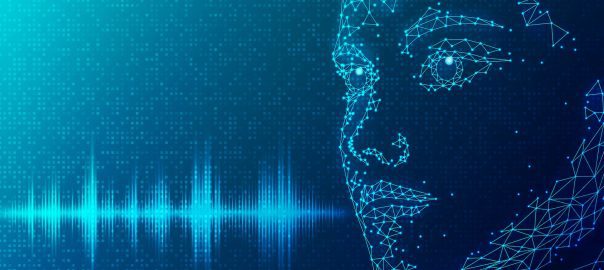— It is important to be aware of both the potential benefits and risks of AI in government. We need to work together to ensure that AI is used responsibly and ethically, and that it benefits all of society.
It is difficult to say definitively whether AI has dealt a blow to politicians, as there is no clear consensus on the issue. However, the recent revelations during the COVID-19 enquiry in the UK and the chaos in the Middle East have certainly raised questions about the ability of politicians to make effective decisions in complex and rapidly changing environments.
On the one hand, AI has the potential to assist politicians in their decision-making by providing them with access to vast amounts of data and by helping them to identify patterns and trends that would be difficult or impossible for humans to see on their own. For example, AI could be used to analyze data on the spread of disease, the impact of economic policies, or the effectiveness of military campaigns. This information could then be used by politicians to make more informed decisions about how to allocate resources, respond to crises, and achieve their goals.
On the other hand, there is a risk that AI could also be used to manipulate and control people. For example, AI could be used to spread disinformation, target voters with personalized advertising, or even develop autonomous weapons systems that could kill without human intervention. This could lead to a situation where politicians are able to use AI to maintain power and control, even if they are not making decisions that are in the best interests of the people they represent.
Ultimately, whether AI deals a blow to politicians will depend on how it is used. If AI is used to empower citizens and to hold politicians accountable, then it has the potential to make democracy stronger and more responsive. However, if AI is used to manipulate and control people, then it could lead to a decline in democracy and a rise in authoritarianism.
Here are some specific examples of how AI could be used to assist politicians in their decision-making:
- AI could be used to analyze data on the spread of disease and develop more effective public health policies.
- AI could be used to analyze data on the impact of economic policies and identify ways to reduce poverty and inequality.
- AI could be used to analyze data on the effectiveness of military campaigns and develop new strategies for promoting peace and security.
- AI could be used to analyze data on public opinion and identify the priorities of the people.
Here are some specific examples of the risks associated with the intersection of AI and politics:
- AI could be used to spread disinformation and manipulate public opinion.
- AI could be used to target voters with personalized advertising and influence their voting behavior.
- AI could be used to develop autonomous weapons systems that could kill without human intervention.
- AI could be used to create surveillance systems that track our every move.
It is important to be aware of both the potential benefits and risks of the intersection of AI and politics. We need to work together to ensure that AI is used responsibly and ethically, and that it benefits all of humanity.

